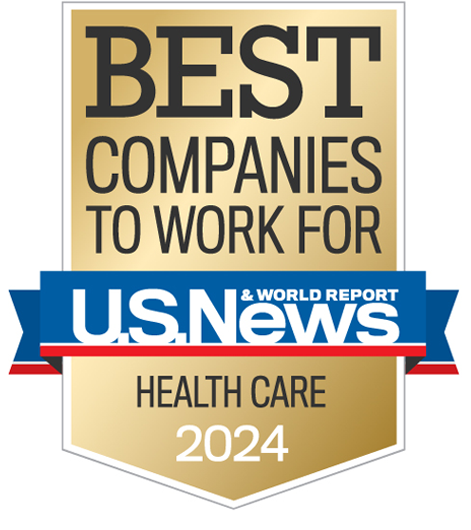Featured Jobs
- Research And Early Development Postdoctoral Fellowship San Rafael, California
- Senior Account Manager, PKU (Nashville territory) Remote
- Intern, Corporate Compliance Remote
- Senior Category Manager, Single Use Technologies Novato, California
- Compliance Excellence Training Manager Cork, Ireland
There’s something special about BioMarin.
Hope. It's where BioMarin's story begins. It's what we work to deliver every day. And it’s what makes being here truly special. Good people doing work that does good. Powerful therapies empowering people’s lives. Rare opportunities sprung from treating rare diseases. These things shape the work experience and provide a powerful connection between who you are, the work you do, and the life-changing hope it delivers. As a biopharmaceutical company, our success stems from our unwavering focus on science and the hope our therapies can bring to patients and their families. Explore our story, and let our opportunities speak to you.



